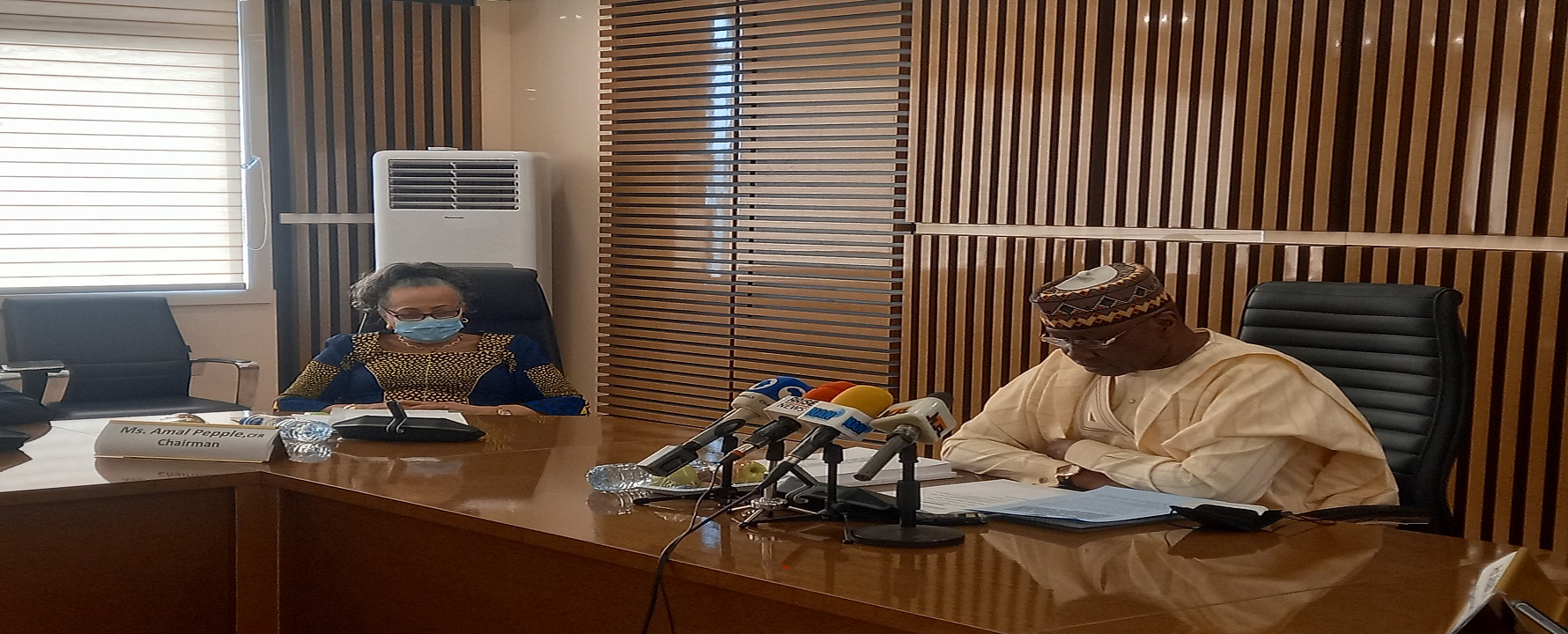Director General, Bureau of Public Service Reforms, BPSR, Mr. Dasuki Ibrahim Arabi, said the tools of realizing government objectives and goals, can only strive where tenets of ethics and integrity are upheld.
He revealed this while giving his keynote address at a ‘Stakeholders Meeting on National Ethics and Integrity Policy and its Key Core Values as it Relates to the Nigeria Public Service’.
At the meeting, held in Abuja, on Tuesday, Arabi, said the development of the National Ethics and Integrity Policy (NEIP) was necessitated by the quest of government to address the damaging challenges of corruption prevalent in the private and public sectors.
He said: “As part of the BPSR broader function of conducting research on reform implementation efforts and presenting ‘best practice’ model to the entire public service, we decided to partner with Accountability Lab, working closely with the ICPC, to bring together relevant stakeholders especially in the Public Service institutions, in line with the Bureau’s statutory responsibility”.
The BPSR Director General, recalled that at the turn of independence in 1960, the Nigerian Public Service was widely regarded as one of the best among the commonwealth, but the very ethos and core values of the service was systematically eroded owing to military intrusion into politics.
“The resultant effect culminated to other negative attributes such as lack of patriotism, inadequate diligence, a disdain for planning and lack of a culture of applying sanctions for underperformance and wrong doing,” he said.
The Country Director of Accountability Lab, Odey Friday, in a goodwill remark, stressed that the public service should drive the conversation on ethical reorientation and tenets of integrity.
Signed:
Aliyu Umar Aliyu,
Principal Information Officer,
BPSR


